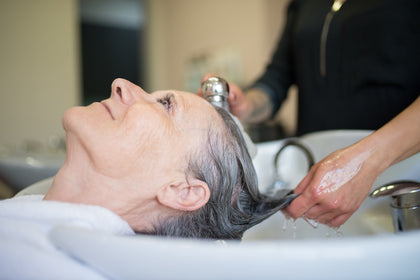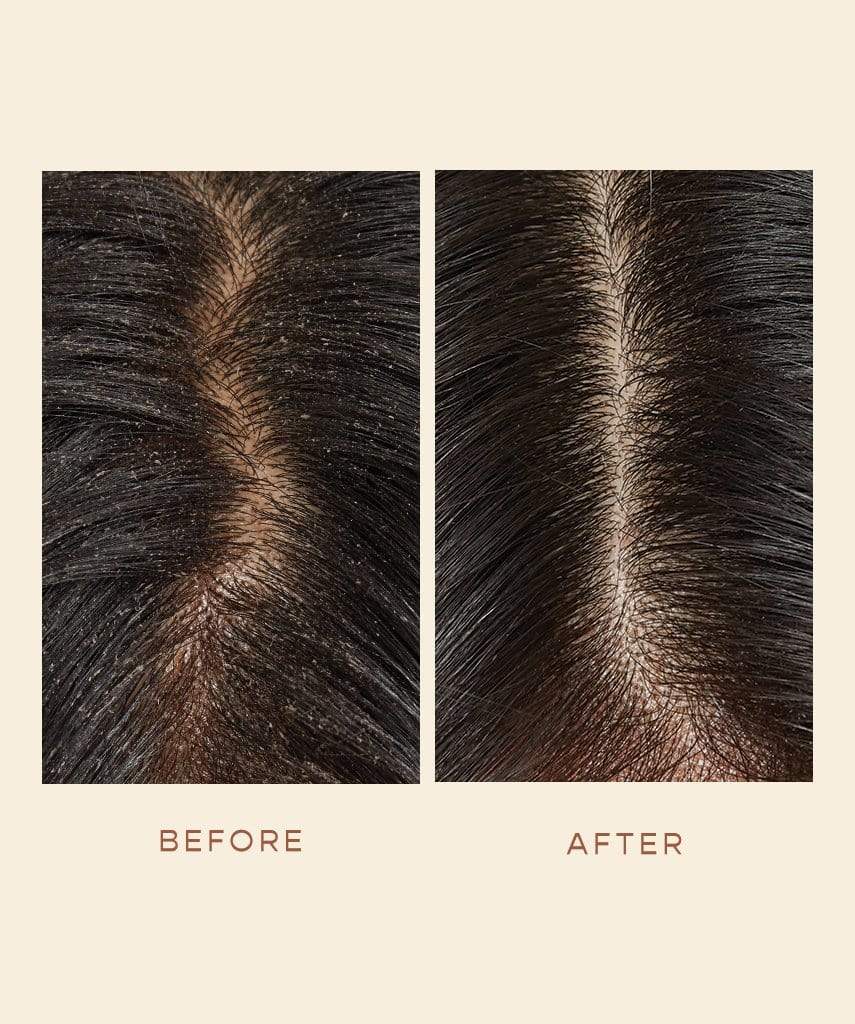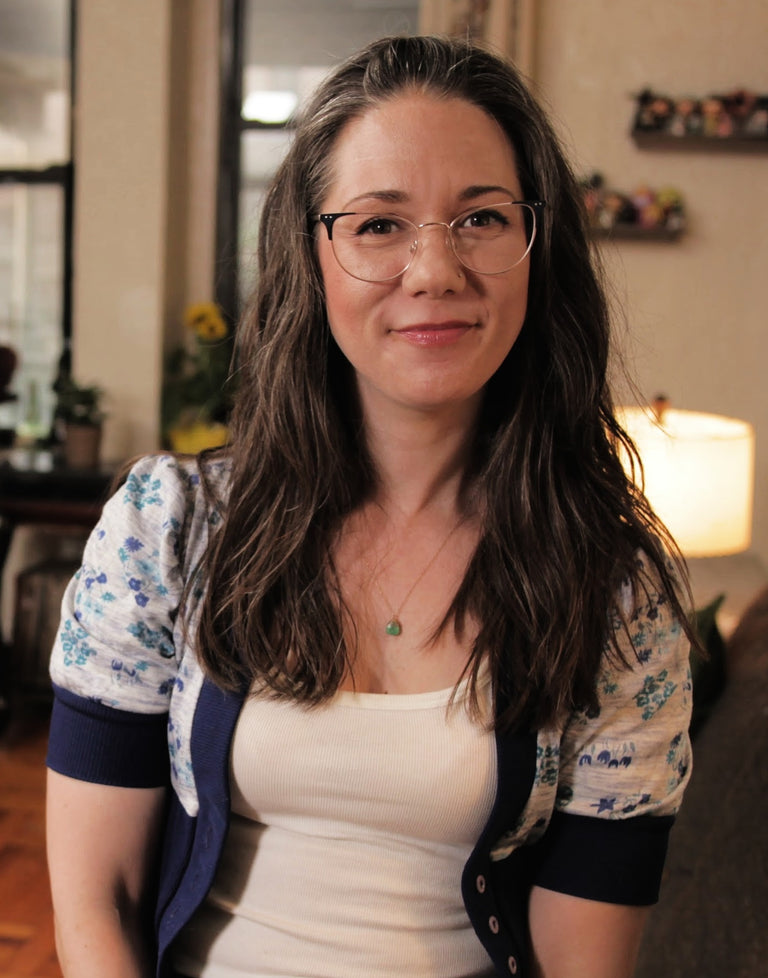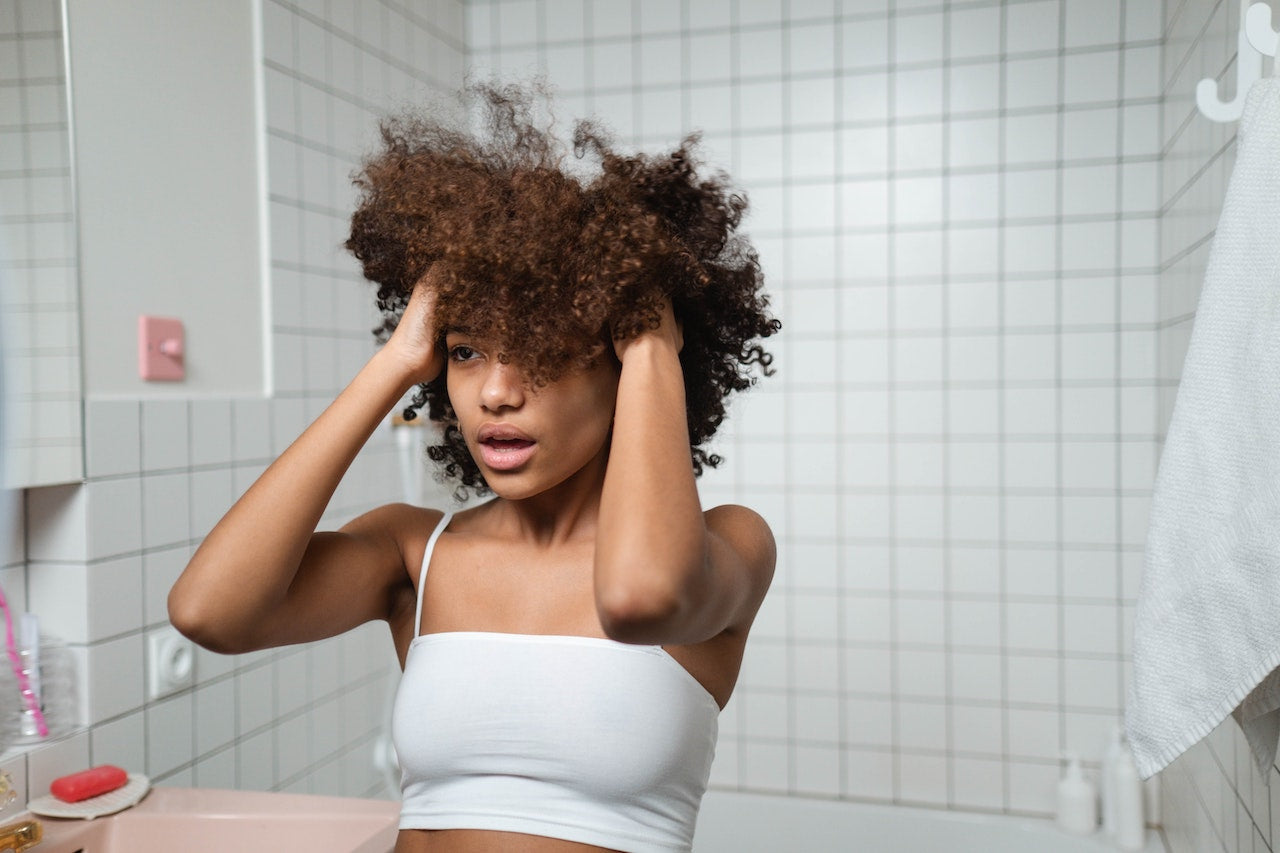Are you curious about co-washing? This hair care method has gained a lot of popularity over recent years as a way to ditch shampoo and lock in moisture, especially among people who have thick, dry, kinky or curly hair.
Read on to better understand co-washing, how it works, who it’s best for and how to use co-washing as part of a holistic hair care routine to visibly optimize hair wellness.
#include-related-slider#
What is Co-Washing?
Co-washing is a shortened form of “conditioner washing” or "conditioner-only washing." It's a hair care technique that involves replacing shampoo with conditioner as the primary agent used to cleanse hair.
“It was started as a way to cleanse notoriously dry tresses without stripping your hair with shampoo as frequently,” explained Ghanima Abdullah, a cosmetologist, stylist and beauty consultant with The Right Hairstyles.
While using conditioner as a cleansing agent might seem counterintuitive, many conditioners do contain compounds called surfactants that can act as mild cleansing agents, which "gently cleanse the hair while depositing a layer of protection to prevent moisture loss,” according to Abdullah.
Is Co-Washing the Same as the No-Poo Method?
The no shampoo (or no-poo) method is a hair-washing routine that is built upon removing shampoo from the cleansing equation to help maintain the natural oils on your scalp and strands. Co-washing is technically one way in which one can do no-poo and keep hair hydrated. Other ways to do no-poo include using just water, apple cider vinegar, baking soda and coconut oil, for example.
Read More: The No-Poo Method of Hair Washing
The Benefits of Co-Washing
The main benefit of co-washing is that it helps maintain high moisture levels on your scalp and hair. Keeping your hair and its scalp ecosystem well-moisturized can offer several other noticeable benefits, such as:
- Improving manageability and styling
- Less frizz, tangles and flyaways
- Noticeably shinier and healthier hair
#include-related-slider#
Is Co-Washing Recommended for All Hair Types and Hair Textures?
Because co-washing helps maintain high levels of moisture, it’s not for everyone or every hair type and texture.
“Co-washing is better for dry curls than for waves or straight hair,” said Abdullah. “Because it adds a coating to the hair that might be a bit heavier than when you use conditioner after washing, that coating might be too heavy for some people. But coily and curly textured hair thrive with it.”
If you have fine or thin hair, co-washing might just leave your hair looking greasy and limp. Ditto if you have oily hair, which actually benefits from a regular shampoo. “Oily hair has its own conditioning, the natural hair sebum. When this is brushed through the hair at night, it conditions the hair and can then be washed out in the morning,” added Abdullah.
If you have dandruff, seborrheic dermatitis, scalp psoriasis or any other clinical hair condition, co-washing might exacerbate the situation so be sure to speak with your dermatologist before trying it.
How to Co-Wash Curly Hair
While co-washing might have started out as simply using conditioner for a cleanser, today there are products specifically formulated for co-washing. Many people believe that these specialized co-washing products are better than simply using conditioner, but is it true?
It depends! The right conditioner will vary from person to person. Not all conditioners will be ideal for co-washing, so look for conditioners that offer lightweight all-natural ingredients when co-washing with conditioner.
Also: pay attention to your scalp! Whether using a cleansing conditioner or a co-wash product, your scalp will signal to you if it’s not loving your co-washing product or routine. Look for signs including itchiness, irritation and breakouts to signal that there might be excess buildup of heavy ingredients on your scalp and/or you’re not shampooing frequently enough.
Like other no-poo approaches to hair washing, it might take some trial and error to nail down a routine that works best for you. “Once you have given your hair some time to see the benefits of co-washing you can begin to play around with deciding to wash it more frequently or less frequently,” said Jessica Shults, hairstylist and owner of Twisted Scissors Salon. “But starting with the same frequency as you currently shampoo is a good starting place.”
Experts agree that you should thoroughly cleanse your scalp with a clarifying shampoo, scalp scrub or scalp detoxifier at least a couple of times a month to keep things balanced and remove buildup. VEGAMOUR'S GRO Scalp Detoxifying Serum is a great way to keep your scalp healthy while co-washing. Formulated with all-natural ingredients and VEGAMOUR'S proprietary vegan silk protein, it gently removes persistent buildup. Those with a sensitive scalp might prefer our serum to the harsh detergents and surfactants that are found in some clarifying shampoos.
If you’re ready to give co-washing a try, Abudullah recommends you follow these steps to get started:
- Saturate dry hair with conditioner or co-wash, applying conditioner evenly over the entire scalp and tresses.
- Allow it to sit for a few minutes to soften your hair.
- Gently detangle hair with your fingers.
- After you have removed most of the tangles, separate your hair into two or four sections.
- Wet hair in each section and massage into the scalp and strands to create suds and cleanse. Do this to each section, in turn.
- Thoroughly rinse each section.
Be sure to pay extra attention to the rinse, getting all the product off your scalp and strands. This helps ensure you’re minimizing buildup and lessening the potential for scalp irritation.
Read More: How Often Should You Wash Curly Hair?
The Takeaway
Co-washing, or conditioner washing, is an effective hair care method for maintaining high natural moisture levels on the scalp and in your hair. It's ideal for people with dense, curly, dry or coily hair who want to reduce frizz and keep their hair looking healthy and hydrated. Unlike traditional cleansing, it’s done by replacing shampoo with a conditioner or specialized co-washing product to cleanse the hair without stripping its natural oils. If you have an excessively oily scalp or if you have a scalp condition, co-washing might not be a good cleansing option for you. Thin or fine hair also wouldn't get great results from co-washing.
If you’re interested in washing your hair with conditioner, be sure to find a conditioner that contains natural and lightweight ingredients. Experiment with the frequency of co-washing versus shampooing to find the right balance for your hair and scalp.
#include-related-slider#
More From VEGAMOUR
- Shop: VEGAMOUR's Sulfate-Free Hair Products
- How the "Squish to Condish" Technique Can Benefit Your Hair
- What Makes Hair Curly?
- How to Sleep With Curly Hair
Photo credit: Kampus Production/Pexels





















